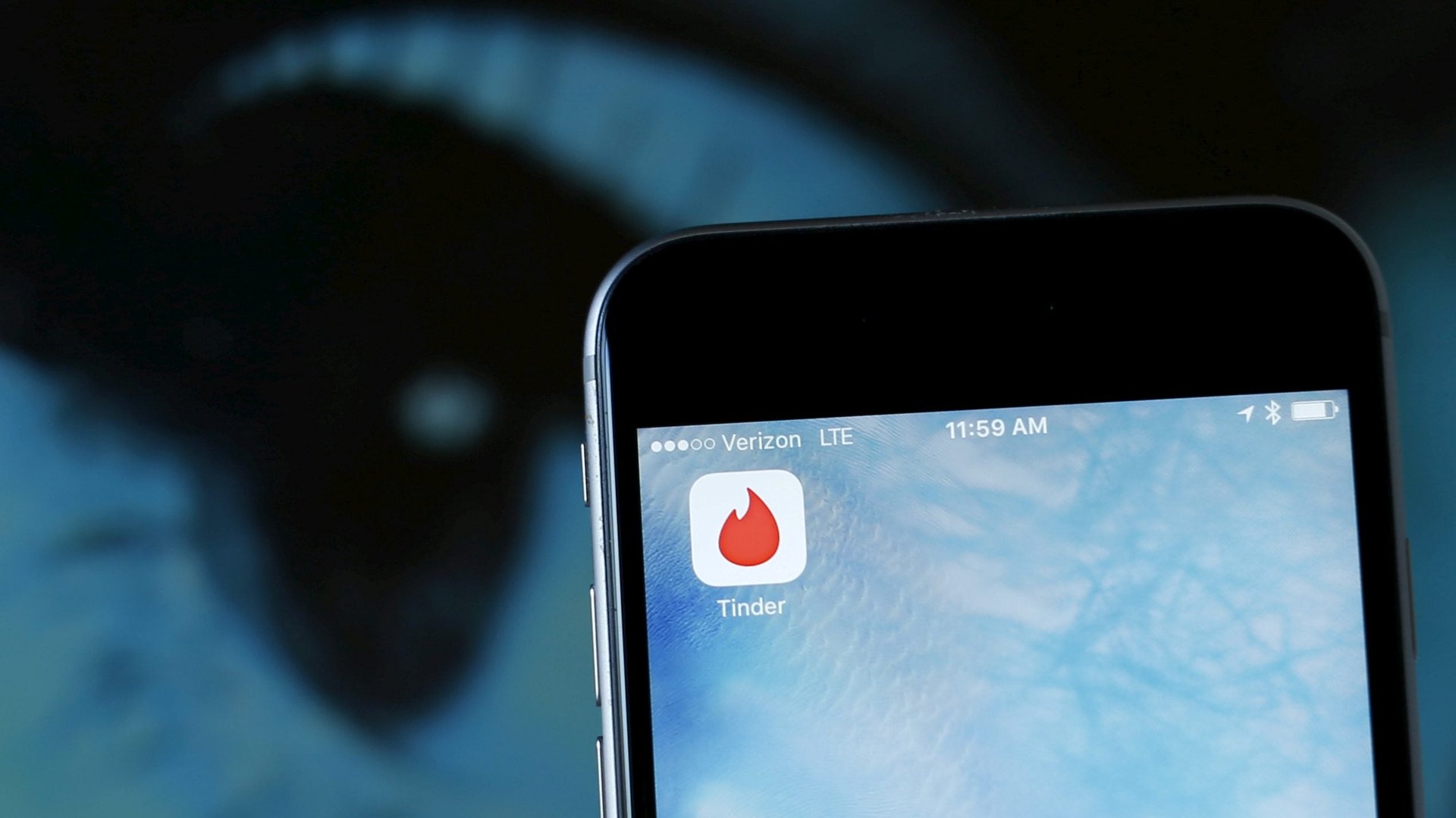Sexting can spice up your lonely lockdown days—only if you are careful
The coronavirus lockdown is likely to have wrecked the dating lives of Indians.


The coronavirus lockdown is likely to have wrecked the dating lives of Indians.
Unable to step out of homes, they are left with only one choice: communicate digitally. That means taking sexual intimacy, too, online with sexting. While this may safeguard them from Covid-19, it leaves them vulnerable to massive privacy threats.
For people meeting partners online for the first time, it could also open up possibilities of sexual abuse. Risque photos and videos, shared over the internet, could potentially be misused as revenge porn.
However, there are ways to safely share intimate content virtually. If digital hygiene is kept in mind, “quarantine and chill” (a Covid-19-era modification of the “Netflix and chill” euphemism) could be fun and even calming.
Here are some basic tools and rules to sexting and video-calling, safe both in terms of digital privacy and consensual intimacy.
Clear communication
Before your relationship moves to a stage where you’re sharing nudes or sexting, it is important to clearly discuss consent. “Always ask first if a person is ok with things, listen carefully, and answer as clearly as possible. Just as in real life, establishing and understanding boundaries is important (and sexy),” says Noopur Tiwari, founder of Smashboard, an app that acts as a digital ally for women, men, and non-normative gender survivors of sexual abuse.
“For sexting, this is even more important because you can’t observe a person’s body language, see their facial expressions or hear the tone of their voice. Not everyone is able to always depict all that clearly in writing or with emojis,” she says.
Be clear about sharing nudes or the extent of sexting right from the beginning. “It’s quite simple to say, ‘I hope it’s ok for you, that I have a no-nudes policy,’ or ‘no (aubergine emoji) pics please’,” Tiwari says. If you do want to ask for pictures, start slow and then see how it proceeds.
Tiwari recommends a non-aggressive yet direct approach to navigating this minefield. “You could always say, ‘I like seeing naughty pictures. In fact, I can’t really get into sexting if I haven’t seen them. Is that a problem for you?’ And if the person says it is, retreat. If you think a person could change his or her opinion as things get warmer, ask them, ‘I was wondering if there has been any change in your no-nudes policy, and I’d be fine, of course, if there hasn’t been a change,’” she says.
Privacy checkup
Now, once you progress to a stage of sexting, follow some basic rules for photos and videos. While sending photos, people should avoid clicking their faces or identifiable marks such as tattoos or birthmarks, according to Feminism in India (FII), a collective that amplifies the voices of women and marginalised groups.
This can prevent the misuse of such photos should they fall into the wrong hands.
“Ideally, you should be aware of what you’re signing up for when you use new apps,” says Apar Gupta, executive director at Internet Freedom Foundation, an Indian digital liberties organisation. By this, he means you should be aware of the app or platform that allows a user to record conversations, take screenshots, or save photographs and videos without your knowledge. “One way to check this is to read about the company that owns the app, where you’re either sharing photos or meeting over video, and find out if it is a responsible vendor,” Gupta says.
There are some apps that are better than others for sexting. WhatsApp, according to FII, is not entirely suitable. “For any app that you use, you should also see if the chats are backed up, where this data is stored. Or does it have time-limited information that self-destructs, like in the case of Snapchat,” Gupta recommends.
In most cases, the default setting for WhatsApp is to directly save photographs and videos to one’s gallery. Apps like Signal, Snapchat, Dust, and Confide perform better on standards of privacy, according to FII.
Keep an eye on the tech
Since you are using new technology, it’s helpful to familiarise yourself with what data it stores. While sending photos, scrape that metadata off your files. This data often contains details of your location, device, date and time stamp. Platforms like Exif Photo Editor, according to FII, can fix this for you.
Open source platforms have a better matrix of security, according to Gupta. “These, like video-calling platform Jitsi, have their code available for assessment. So it’s easy to find privacy flaws in these apps and fix them,” says Gupta. Ethical hackers, of course, can also reverse engineer proprietary apps to expose privacy flaws, but it takes significantly longer than it does with open-source software. In this aspect, a Jitsi would be safer to use than something like Zoom, Gupta says.
Know when to stop
It is also important to understand your own threat matrix while dating online or sexting. For instance, Gupta says that activists, journalists, lawyers, etc, can be particularly exposed to their data and photos being misused. Such people should exercise greater than usual caution.
And yet, your experience of an online intimate conversation could sometimes be less-than-pleasant. It’s best to identify these signs early. “Sending unsolicited pictures is abuse. Insisting on sending them and asking again and again if someone has already said no—that’s intimidation or even harassment,” says Tiwari.
“Use a platform that doesn’t require someone to know your address or phone number. This works with someone who you haven’t ever met before,” she adds. That way, if a person starts getting abusive, you can block them easily and eliminate the risk of them invading your privacy in future.